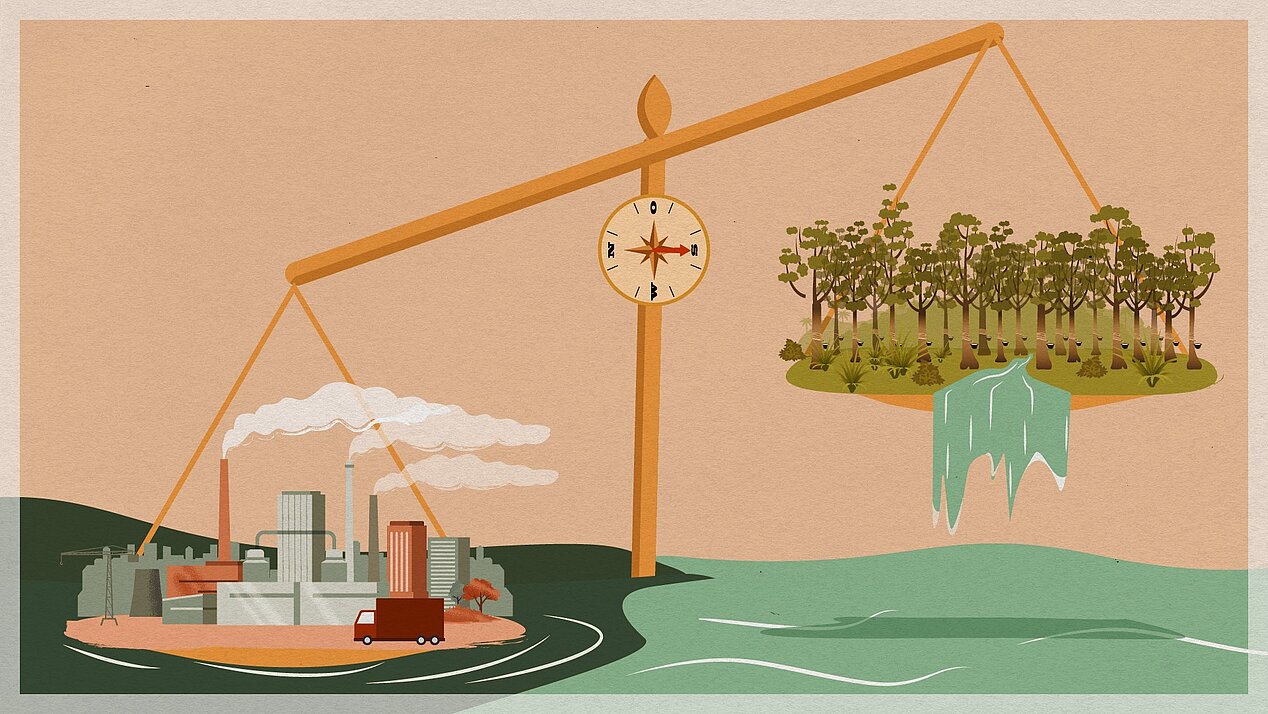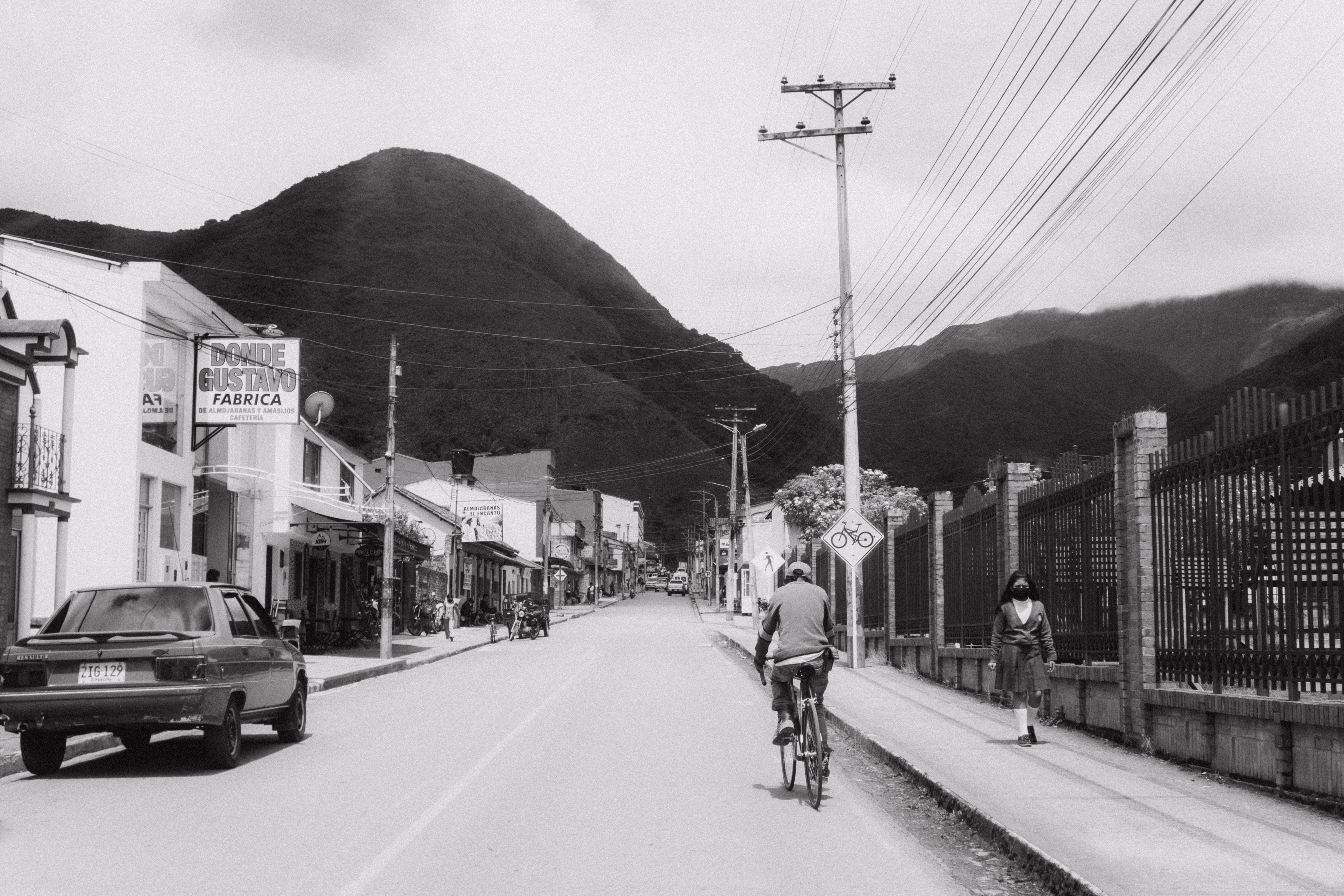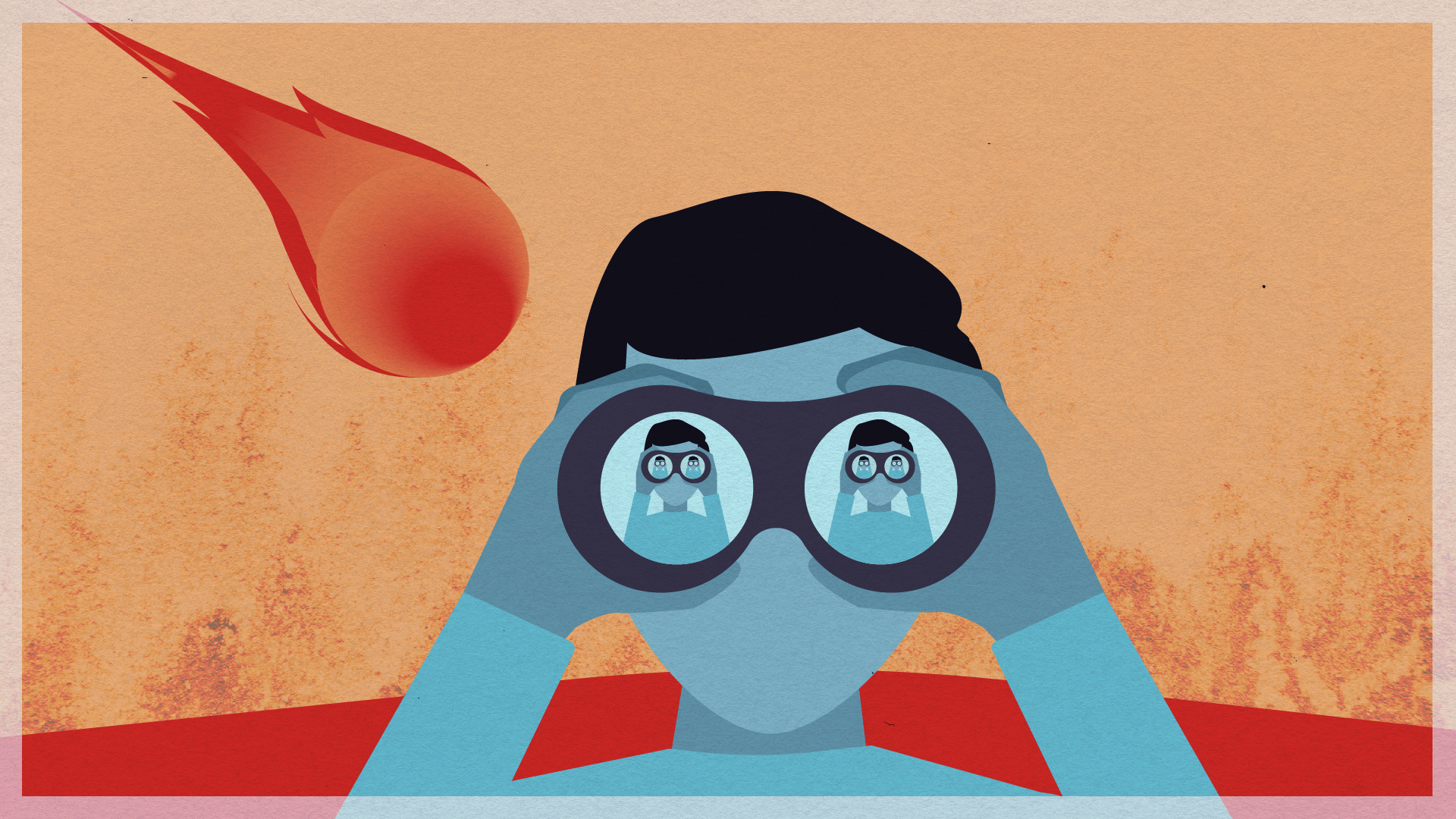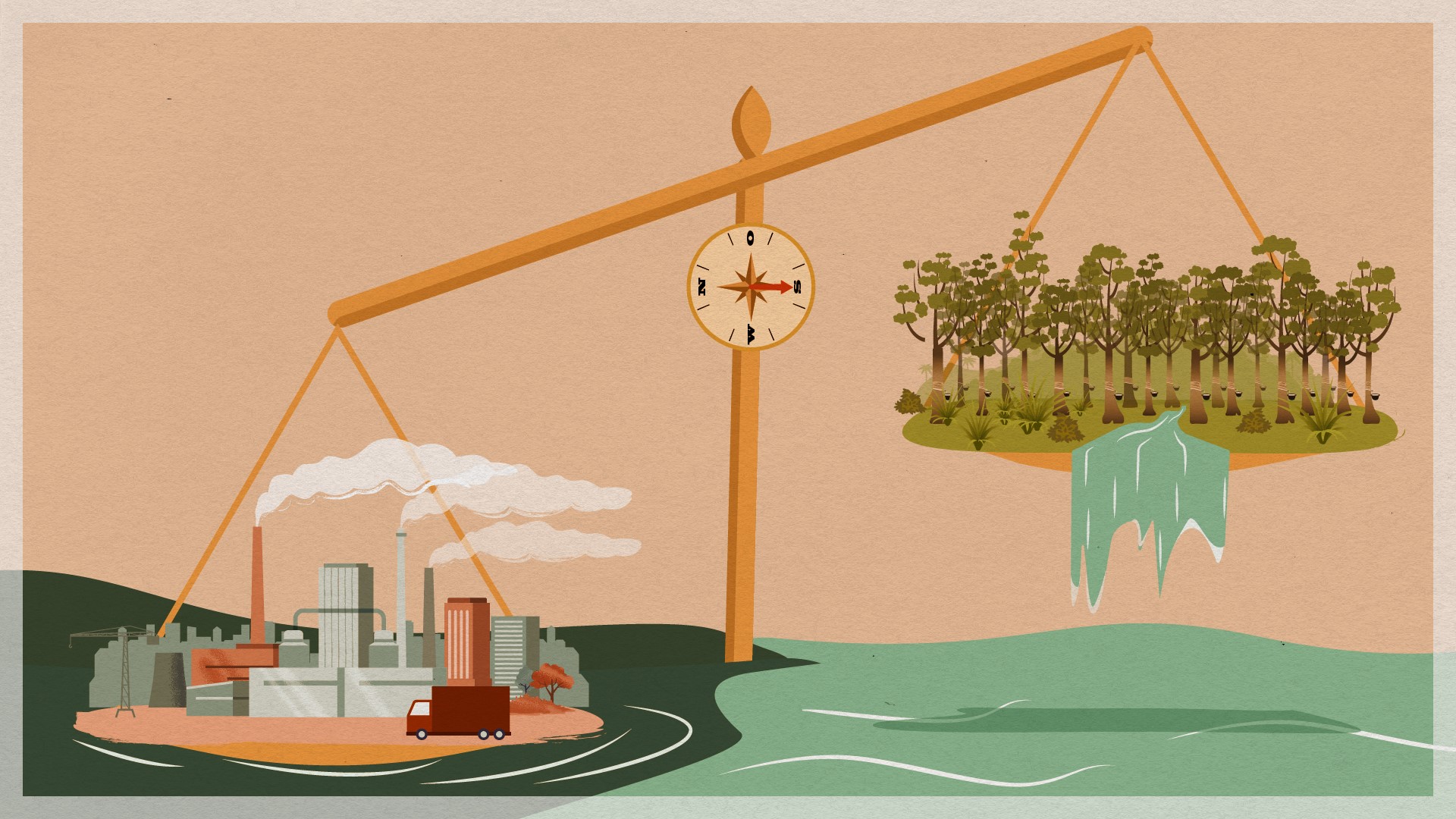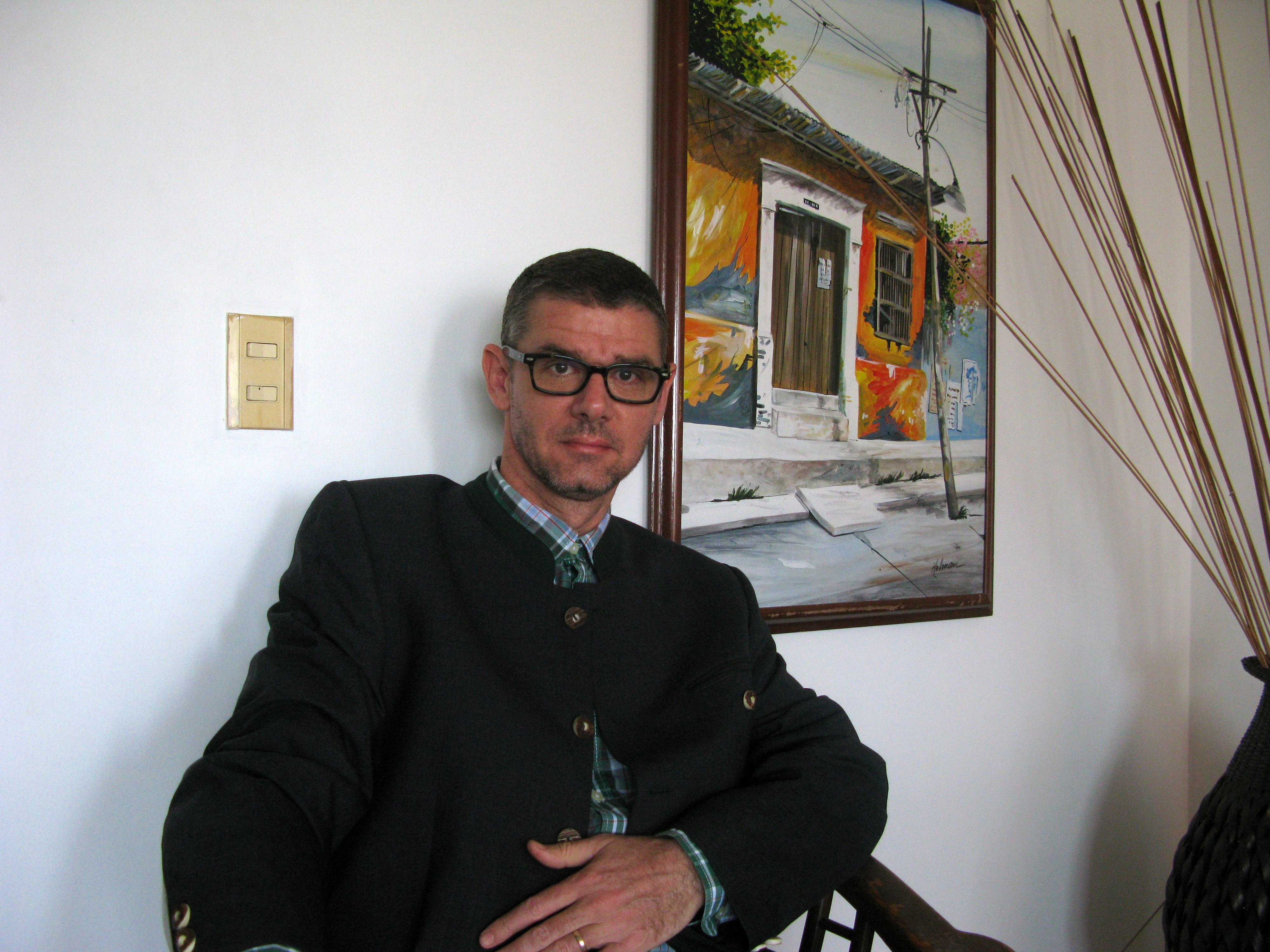Papua New Guinea has long enacted a law that prohibits the killing of some of its protected species, but it allows traditional communities to hunt those species using traditional methods, meaning with bows and arrows or with a blowgun, during specific times of the year.
By enacting such laws, these countries have acted on the understanding that traditional usage of nature and the environment is not the problem and not the cause of its destruction. It is the unbound and limitless commercial usage of natural resources and of nature in general that is rapidly destroying our world.
This is nowhere clearer than in the world of offshore commercial fishing. Without the creation of protected areas, where marine life can safely reproduce, life in the world’s oceans is doomed. Commercial fishing has already destroyed 90 percent of the world’s larger fishes and sea mammals.6
It has also forced poverty on traditional coastal fishermen and women who can no longer catch enough fish to survive. If a commercial super fisher catches and kills all the fish just outside of a country’s national jurisdiction, nothing is left for local fishermen who fish in coastal waters.
Commercial fishing has already destroyed 90 percent of the world’s larger fishes and sea mammals.
Many of these fishermen, for example in West Africa, once they lose their livelihoods, are then pushed into abandoning their homes, further fueling the international migration crisis at the borders of Europe.
Environmental issues are not isolated problems. They are connected to larger social and political problems, and they pose ethical challenges. Commercial fishing destroying local livelihoods or selling and marketing toxic goods in the Global North but having them produced in the Global South and dumping them there after they no longer work is just the tip of the environmental injustice iceberg of today’s global commodity chains.
To secure our collective survival, we must start to think in terms of a shared, and fragile, ecosystem that is the home of all species, along with all plants, minerals, and things of this world. When searching for possible solutions to our global ecological crisis, innovations from the Global South must be considered, as many of them grow out of practices that have proven successful in protecting the environment and other species for millennia. If we want to secure our collective survival on this planet, we must change the ways we approach the environment and stop reducing it to a resource. As Native and Indigenous people of the Americas have long known: humans are part of an ecosystem on which we depend and for which we are responsible.
Once the pollution of our industries has killed all the bees, plant reproduction will be disrupted. The devastation that deep sea fishing and pollution has wrought to our oceans must be limited for oceans to survive and be able to fulfill their function. After all: According to the United Nations the ocean generates 50 percent of the oxygen we need, absorbs 25 percent of all carbon dioxide emissions, and captures 90 percent of the excess heat generated by these emissions. “It is not just 'the lungs of the planet' but also its largest 'carbon sink.'”7
The most promising solutions on how to achieve environmental justice and sustainability come from the Global South; from societies and communities that have a long history of resistance against northern models of “development.” It is high time to listen and learn from these communities. In the words of Davi Kopenawa, a Yanomami chief:
"The white people's thought is full of ignorance. They constantly devastate the land they live on and transform the waters they drink into quagmires! There is only one sky and we must take care of it, for if it becomes sick, everything will come to an end."8


